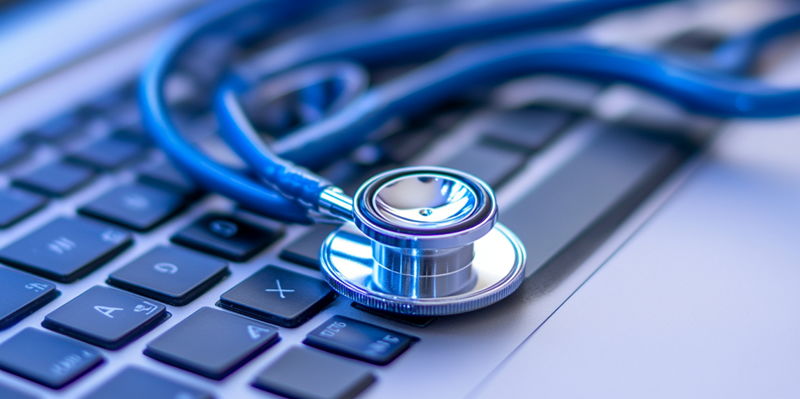In what is being described as the largest breach of US healthcare records ever recorded, Change Healthcare experienced a massive data breach that compromised the personal information of 100 million Americans. Initiated by a ransomware attack in February 2024, the hackers were able to exploit vulnerabilities within Change Healthcare’s systems to gain access to a wealth of sensitive data. This data includes contact information, insurance details, financial and billing information, and other personal identifiers, such as Social Security and driver’s license numbers. The scale of the breach has triggered widespread concern about the measures in place to protect healthcare information and the broader implications for the industry.
Owned by UnitedHealth Group, Change Healthcare has been notifying affected individuals since July 2024 and continues to do so as the final stages of the investigation are completed. The complexity and volume of the data involved have necessitated an extended period of analysis to ascertain the full extent of the breach. In addition to compromising sensitive information, the attack also disrupted healthcare services, causing delays in prescription processing and other critical services. These repercussions underscore the far-reaching impact that a cyberattack can have, not only on data security but also on the day-to-day operations of healthcare providers.
Regulatory Scrutiny and Investigation
The US Department of Health and Human Services (HHS) Office for Civil Rights has initiated an investigation to determine whether Change Healthcare complied with regulatory requirements related to protected healthcare information. The initial findings suggest that the breach was facilitated through compromised credentials used to access a Change Healthcare Citrix portal, which notably lacked multifactor authentication. This security lapse allowed the hackers, identified as the BlackCat ransomware gang, to move laterally within the systems to exfiltrate data. The ease with which the hackers were able to access and extract sensitive information has raised significant concerns about the adequacy of existing security measures within the healthcare industry.
UnitedHealth Group has publicly acknowledged that they paid a $22 million ransom to the BlackCat ransomware gang in an effort to mitigate the damage and secure the return of stolen data. However, it was later revealed that the gang executed an ‘exit scam’ post-payment, further complicating the situation for Change Healthcare and exacerbating the fallout from the breach. The circumstances surrounding the ransom payment and subsequent scam have further fueled the ongoing debate about the effectiveness and ethics of paying ransoms in the event of a cyberattack.
Impact on Healthcare Cybersecurity
In what is being called the largest breach of US healthcare records to date, Change Healthcare experienced a massive data breach that compromised the personal data of 100 million Americans. The breach originated from a ransomware attack in February 2024, allowing hackers to exploit vulnerabilities in Change Healthcare’s systems. The stolen data includes contact information, insurance details, financial and billing information, and personal identifiers like Social Security and driver’s license numbers. This breach has sparked widespread concern over the effectiveness of measures designed to protect healthcare information and the broader implications for the industry.
Owned by UnitedHealth Group, Change Healthcare has been notifying affected individuals since July 2024 and continues this process as the investigation nears completion. The large volume of compromised data has required a lengthy analysis to determine the breach’s full extent. Besides jeopardizing sensitive information, the attack also disrupted healthcare services, causing delays in prescription processing and other critical functions. These events highlight the far-reaching impact a cyberattack can have on both data security and the daily operations of healthcare providers.

